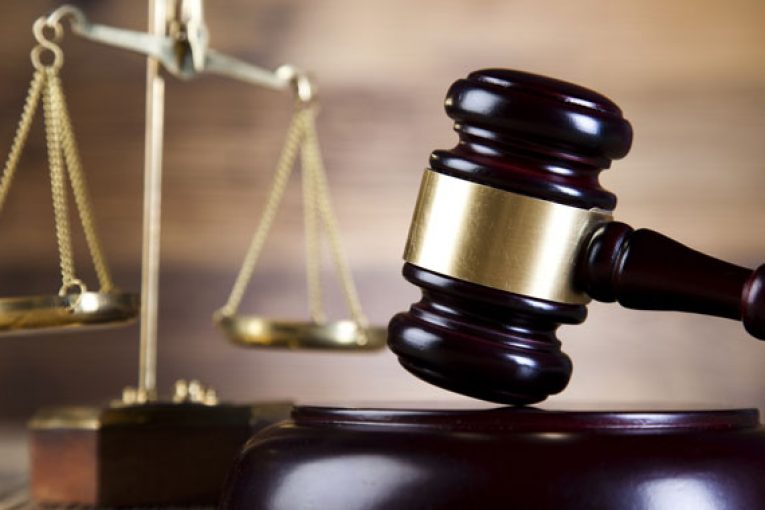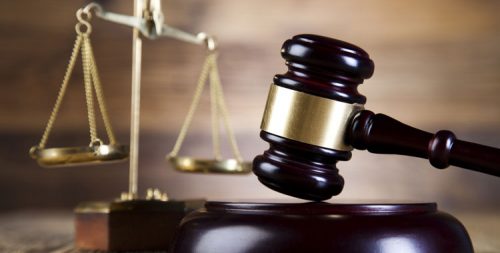

By Jessica Weisman
ORLANDO, FL – A federal judge here this week issued a preliminary injunction blocking HB 7—also known as the Stop Wrongs Against Our Kids and Employees/Stop WOKE Act—from going into effect in higher education settings, and is being hailed as a major win for educators and students in the state.
The Florida House bill was set to censor school discussions regarding race and gender. A group of educators and a student from various higher education institutes objected, calling it a “discriminatory classroom censorship law that severely restricts Florida educators and students from learning and talking about issues related to race and gender.”
The order found, “The law officially bans professors from expressing disfavored viewpoints in university classrooms while permitting unfettered expression of the opposite viewpoints. Defendants argue that, under this Act, professors enjoy ‘academic freedom’ so long as they express only those viewpoints of which the State approves. This is positively dystopian. It should go without saying that ‘[i]f liberty means anything at all it means the right to tell people what they do not want to hear.’”
Plaintiffs hailed the American Civil Liberties Union, the ACLU of Florida, the Legal Defense Fund (LDF), and pro bono counsel Ballard Spahr, stating an inclusive educational environment has been protected for higher education in Florida.
“We are gratified by the court’s decision to halt this discriminatory law from causing further harm to Florida higher education students and educators and to the state at large,” said Morenike Fajana, assistant counsel with LDF.
“Black, Brown, and LGBTQ+ youth experience systemic discrimination in their daily lives, and they should not be banned from open conversations with professors who have dedicated their lives to examining these issues and often have similar experiences,” Fajana added.
The basis for the lawsuit, said the ACLU, emanates from the First and Fourteenth Amendments, in which they argue restrictions on what course materials can be taught violates the principles of these aspects of the Constitution.
“The court sided with Florida educators’ and students’ right to teach and learn free from censorship or discrimination,” said Jerry Edwards, staff attorney with the ACLU of Florida, arguing, “The ability to have honest and open discussions about our history and its impact on Black and Brown communities is crucial to our democracy. When we better understand our country’s past and failures, we allow ourselves the opportunity to pave a better future for all.”
The plaintiffs have also noted HB 7 counters the Equal Protections Clause of the Constitution in that “it was enacted with a racially discriminatory purpose and will have a disparate impact on Black educators and students.
“The law prohibits educators from teaching or even expressing viewpoints around racism and sexism that are disfavored by Florida lawmakers,” posing a threat to inclusive, diverse learning experiences for those in higher education in Florida, the legal action argued.
Those opposing HB 7 stress it “specifically targets and places vague restrictions on educators’ ability to teach and discuss concepts around the legacy of slavery in America, white privilege, and anti-racism,” arguably foundational topics for a well-rounded education according to the plaintiffs.
The court order did find HB 7 in violation of the two Amendments to the Constitution listed previously, in higher education.
However, academics K-12 are still being impacted by this “classroom censorship law,” said opponents, noting, “The preliminary victory in the case could bolster similar challenges to classroom censorship efforts in other states.”
“This is a huge victory for everyone who values academic freedom and recognizes the value of inclusive education,” said Emerson Sykes, senior staff attorney with the ACLU Speech, Privacy, and Technology Project.
Sykes added, “The First Amendment broadly protects our right to share information and ideas, and this includes educators’ and students’ right to learn, discuss, and debate systemic racism and sexism.”
The ACLU said it is working to extinguish similar bills now circulating in a dozen or so states.
Victory for democracy and freedom and against tyranny and dictatorship!